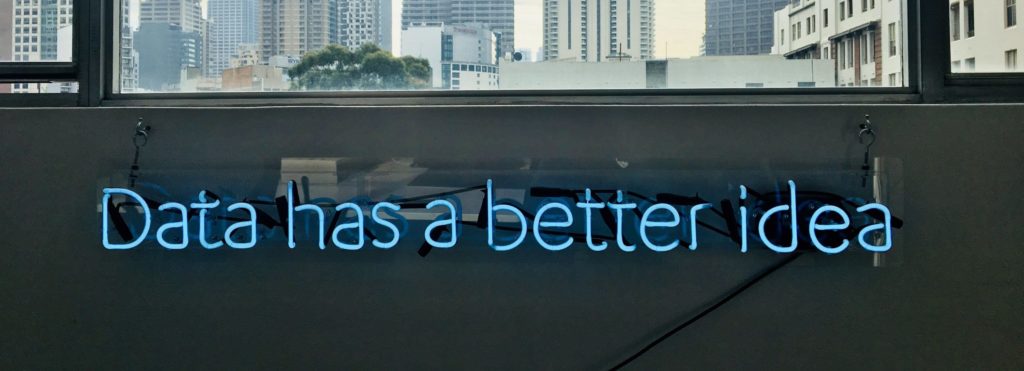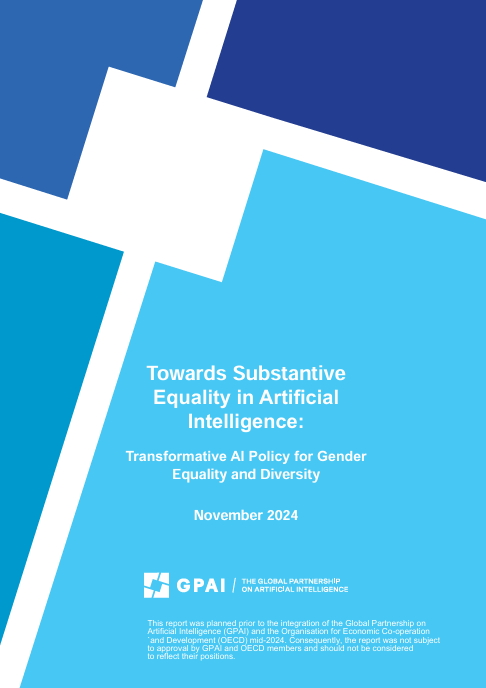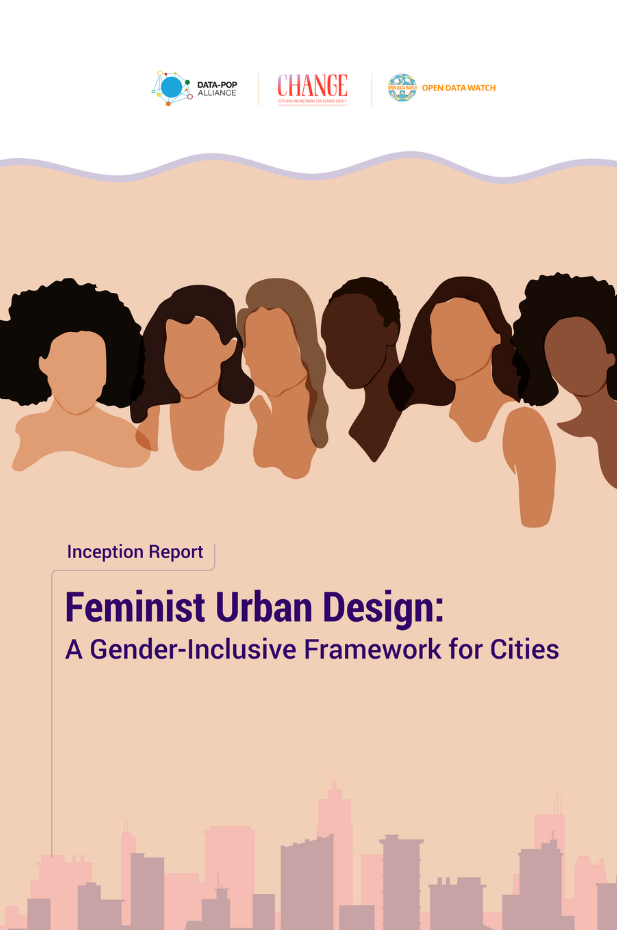
Data-Pop Alliance is seeking a full-time Data Scientist & Training Specialist based in Mexico City. Eligible candidate must have existing legal authorization to work in Mexico.
We are an international nonprofit created in 2013 out of the Harvard Humanitarian Initiative (HHI), the MIT Media Lab and ODI. We bring together researchers, experts, practitioners, and activists to change the world with data through three pillars of work: diagnosing local realities and human problems with data and AI; mobilizing capacities, communities, and ideas towards more data literate societies, and transforming the systems and processes that underpin our societies and countries.
Effective dates: August 17, 2020 – July 17, 2021, with a 3-month trial period. Full-time.
Reporting to the Senior Data Scientist and working closely with the Researchers based in Mexico City and Bogotá, the Data Scientist & Training Specialist will execute data science research projects as well as develop and deliver data science tutorials for government and multilateral organizations.
Scope of work: As a Data Scientist & Training Specialist you will:
Research (50%) |
|
Trainings (50%) |
|
Skills and experience required
You are / have:
- MSc/MA in Computer Science, Statistics, Applied Mathematics, Data Science, or any other related field is required. A Bachelor’s degree in computer science, statistics, or related field is a plus.
- Highly proficient and experienced in scripting languages and rapid prototyping skills, that is, fluency in Python or R, amongst others..
- Knowledge and experience in the analysis of spatial data and time series, human mobility data or flow data; probability theory and combinatorial analysis.
- Knowledge and experience in the field of data engineering and information systems is a plus.
- Bilingual proficiency in English and Spanish is mandatory (able to write and deliver conferences, tutorials etc. in both languages). French is highly desirable.
- Excellent interpersonal and communication skills.
- A self-starter, disciplined, driven, eager to learn, grow, and make an impact.
- Successful experience working in a multicultural environment with partners and people of different backgrounds and levels of seniority.
- Availability to travel (only if necessary and according to the Covid-19 situation).
- Working experience applying data science to social sciences research is desirable.
- Experience working with public, international agencies / donors, and/or non-profit is desirable, with a focus on “data for social good” initiatives and projects.
Salary/Benefits
- Competitive salary based on experience.
- Possibility to support projects to improve the lives of the world’s most vulnerable.
- The opportunity to gain knowledge in various fields (emergency coordination, disaster management, public services management) directly from experts in many countries and with different skills.
- Work from home allowed (initially the role will be remote (work from home) as guided by lockdown recommendations).
- Collaborate with a talented and passionate international team.
- Collaborate with academics and experts on data science projects.
- The ability to work independently as well as part of a team.
Recruitment process
Qualified candidates are requested to submit a 1) CV, 2) one coding sample on a Git-based repository hosting platform and 3) a cover letter to jobs@datapopalliance.org with the subject line “Data Science & Training Specialist,” by August 12th, 10:00pm GMT-5. In a brief paragraph of the cover letter, please include: educational background, languages spoken, salary range requested and include the contact information for 2 references.
Equal opportunity
Data-Pop Alliance employs personnel without regard to race, ancestry, place of origin, color, ethnic origin, language, citizenship, creed, religion, gender, sexual orientation, age, marital status, physical and/or mental handicap or financial ability. While remaining alert and sensitive to the issue of fair and equitable treatment for all, Data-Pop Alliance has a special concern with the participation and advancement of members of four designated groups that have traditionally been disadvantaged in employment: women, visible minorities, aboriginal peoples and persons with disabilities.



